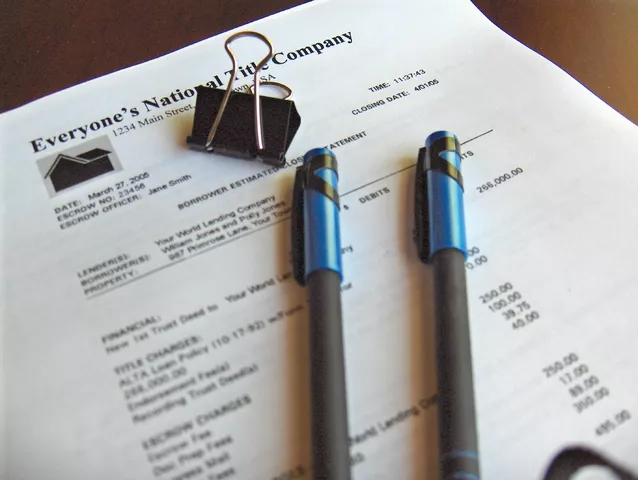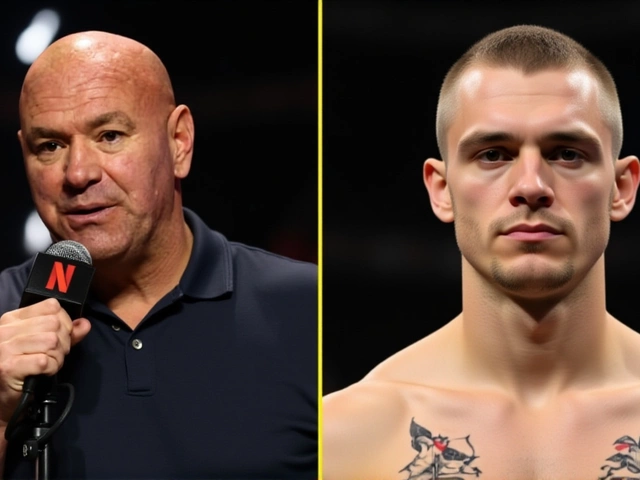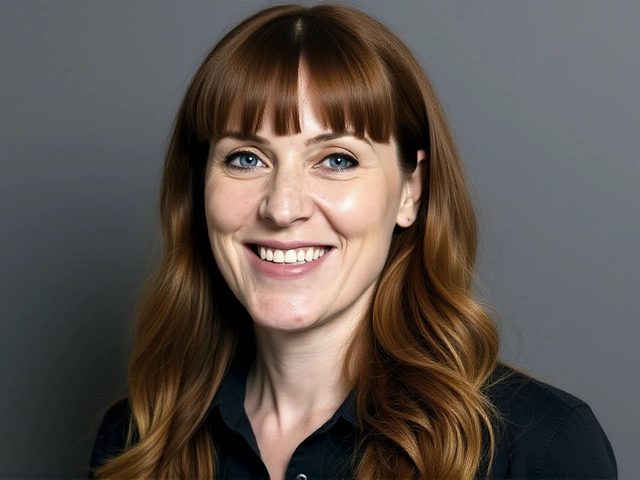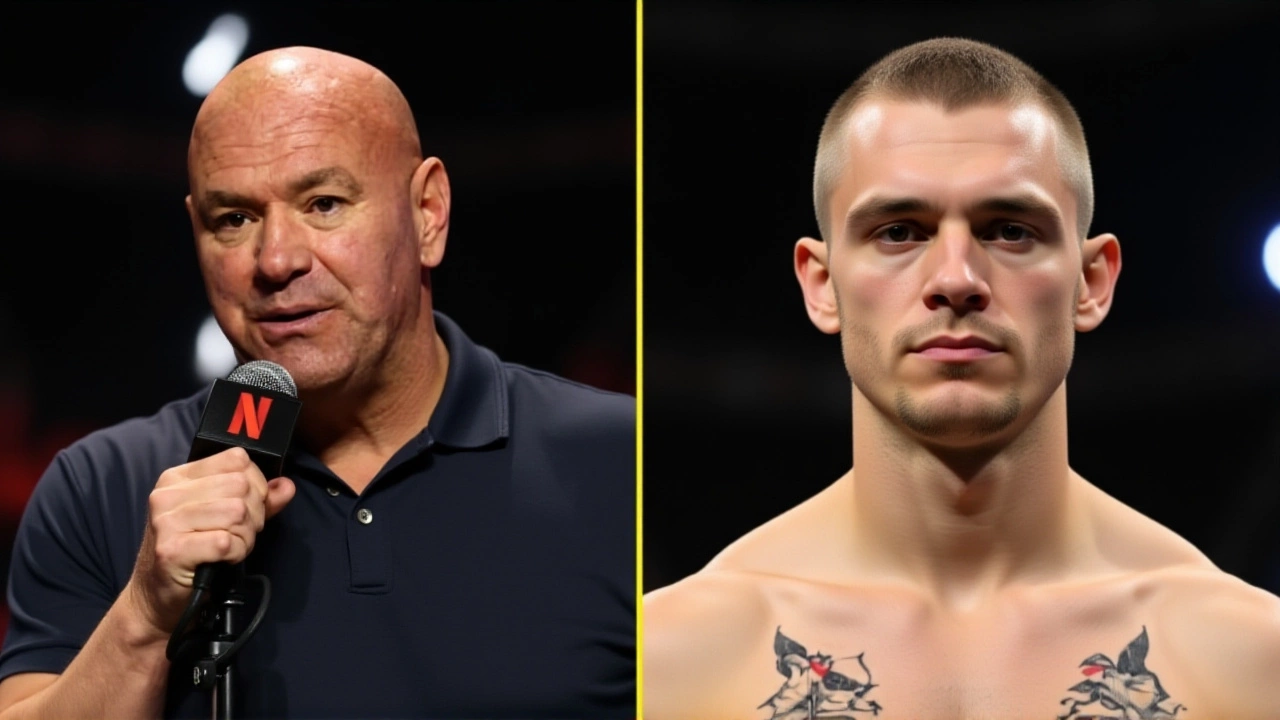
The Ultimate Fighting Championship is set to distribute between $240 million and $260 million to nearly 1,200 former and current fighters — a historic payout stemming from a landmark antitrust settlement. The announcement, made by Dana White, UFC’s CEO and president, on October 30, 2024, marks the end of a nearly decade-long legal battle that exposed the organization’s dominance over the mixed martial arts market. The settlement, approved by U.S. District Judge Edward M. Chen on October 25, 2024, resolves claims that Zuffa LLC, UFC’s former parent company, suppressed fighter pay and restricted mobility under Section 2 of the Sherman Antitrust Act. Payments will begin in Q1 2025 and conclude by Q4 2025, with fighters who competed in 10 or more bouts between December 1, 2010, and June 30, 2017, receiving the largest shares — weighted by main card appearances (1.5x) versus prelim bouts (1.0x).
From Courtroom to Broadcast: UFC’s New Media Strategy
The settlement wasn’t the only bombshell. White also unveiled a seismic shift in UFC’s broadcasting future. Starting in 2025, four major events per year will air live on CBS, marking the first time the UFC has returned to broadcast television in over a decade. The deal, worth $1.05 billion over five years, is designed to reach mainstream audiences beyond pay-per-view diehards. Meanwhile, all 13 annual pay-per-view events and 30 Fight Nights will stream exclusively on Paramount+, ending the long-running partnership with ESPN+. The UFC Apex in Las Vegas — located at 6700 W. Charleston Blvd — will become the primary home for Fight Night cards, while T-Mobile Arena, just down the Strip, will host the biggest pay-per-views, including UFC 323 on December 6, 2025.
The White House Event: A First in Combat Sports History
But the most startling revelation? A UFC card is scheduled to take place at the White House on June 27, 2026. It’s the first time in American history that a professional mixed martial arts event will be held at the presidential residence. Planning began after WME-IMG acquired Zuffa LLC in July 2016 for $4 billion, but logistical coordination with the U.S. Secret Service, National Park Service, and the Presidential Events Committee is still underway. As of November 2024, venue layout, security protocols, and even spectator access remain under negotiation. No precedent exists — not even during the UFC’s pandemic-era events in Abu Dhabi. The event is expected to be one of the four flagship CBS broadcasts, signaling UFC’s ambition to fuse combat sports with American cultural institutions.
Who Gets Paid — And Who Doesn’t
The settlement’s eligibility criteria are precise: only fighters who competed in at least one UFC bout between December 1, 2010, and June 30, 2017, qualify. That excludes those who fought only on UFC Fight Pass or after mid-2017 — roughly 1,200 individuals total. The $40 million allocated for administrative costs covers claims processing by Epiq Class Action Services, legal fees for both sides (plaintiff counsel from Cohen Milstein Sellers & Toll PLLC and defense from Ballard Spahr LLP), and notice distribution. Fighters who competed in just one bout might receive a few thousand dollars; those with 15+ fights, especially on main cards, could see six-figure payouts. Dana White confirmed the entire cost is absorbed by UFC’s operational revenue — no insurance, no external funding.
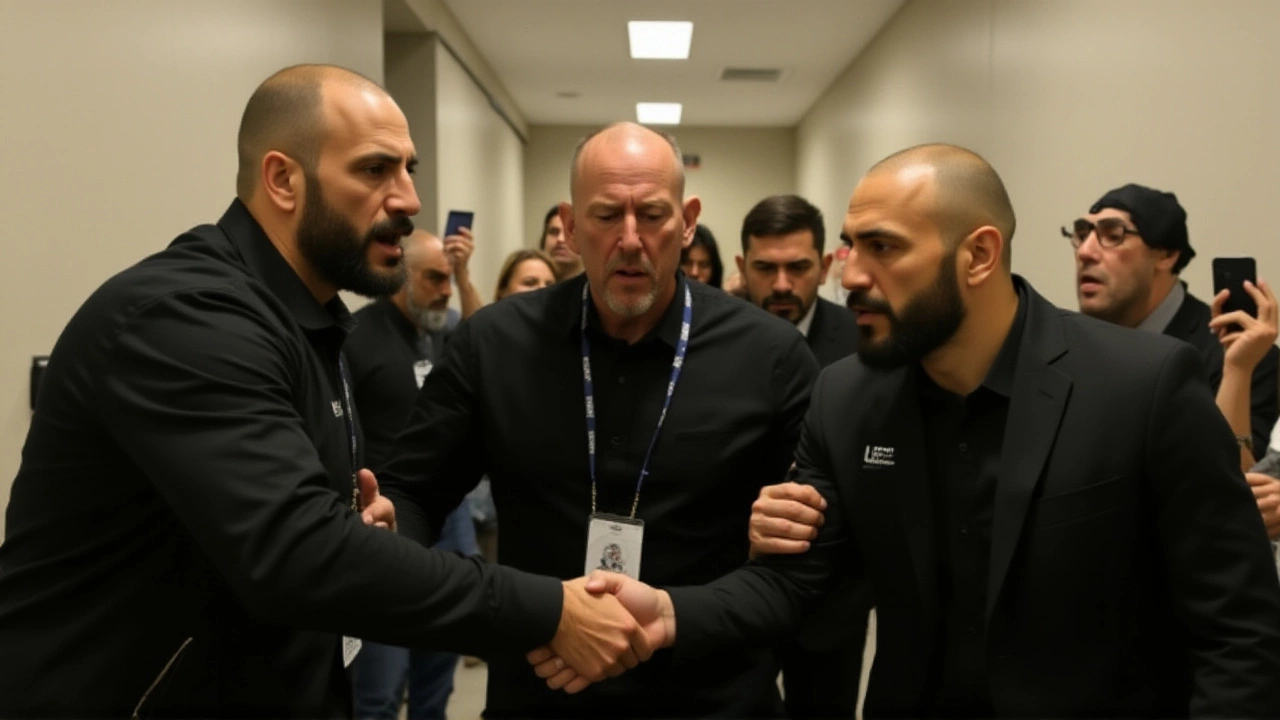
2025 Roster Cuts and the Road Ahead
Alongside the financial and broadcast moves, UFC quietly began trimming its roster in early 2025. Fighters like Dylan Budka, Gabriel Miranda, and Hakeem Abdelwahab were released after failing to meet performance benchmarks — part of a 15% reduction strategy to elevate event quality ahead of the CBS era. The UFC Apex’s 500-seat capacity allows for intimate, high-production Fight Nights, while T-Mobile Arena’s 20,000-seat capacity ensures blockbuster events still feel massive. The March 1, 2025, Fight Night headlined by Manel Kape vs. Mário Pinto — where Kape earned a $50,000 win bonus — sets the tone for the new era: tighter rosters, higher stakes, and bigger payouts.
Why This Matters Beyond the Octagon
This isn’t just about money or TV deals. It’s about legitimacy. For years, MMA fighters were seen as disposable labor — paid per fight, denied benefits, and locked into restrictive contracts. The antitrust settlement validates their long-standing claims of exploitation. The White House event, while symbolic, signals that UFC is no longer an underground spectacle. It’s now a pillar of American sports entertainment, capable of commanding broadcast networks and presidential venues. The CBS deal, in particular, could redefine how combat sports are consumed — think NFL on CBS, but with flying knees and spinning back kicks.
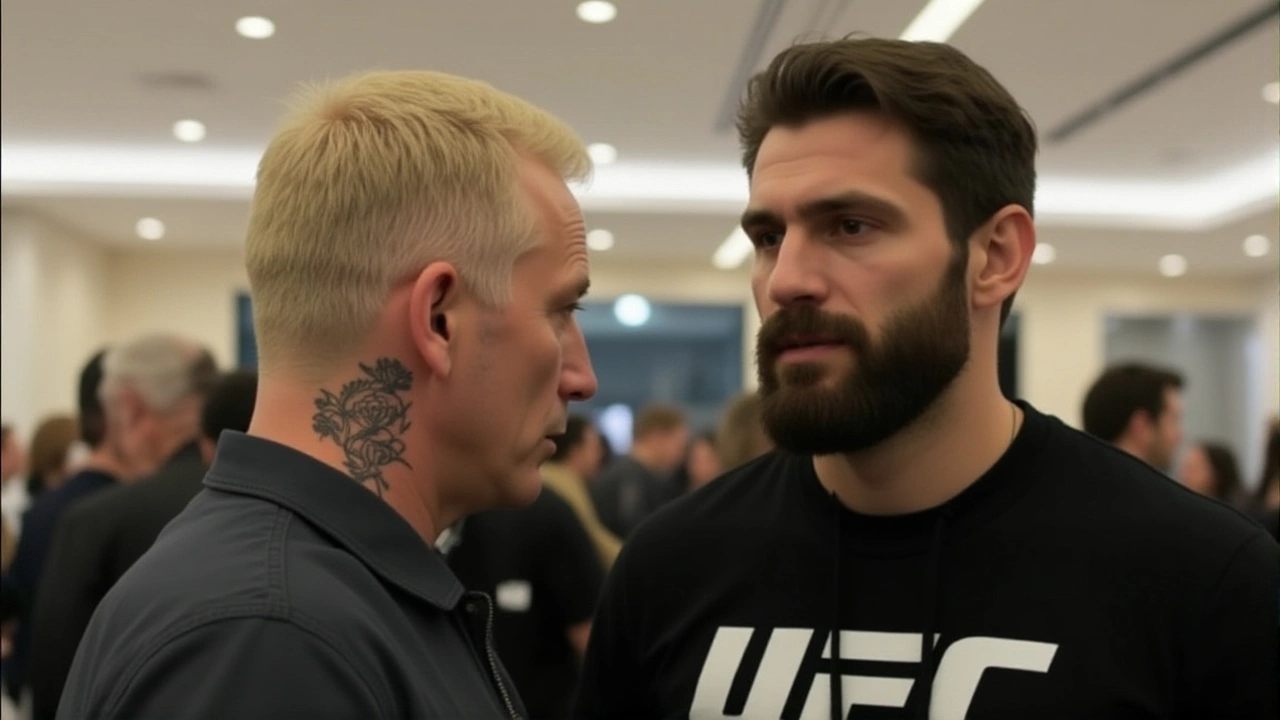
What Comes Next?
By Q2 2025, the National Capital Planning Commission must approve the White House event’s layout. Settlement payments will roll out quarterly. And by 2029, Paramount+ will have exclusive rights to every non-CBS event. The UFC’s future is clear: mass appeal, digital dominance, and institutional credibility. But the real test? Will fighters who waited over a decade for justice see lasting change — or is this just a payout with no structural reform?
Frequently Asked Questions
How much will individual fighters receive from the settlement?
Payouts vary widely based on bout volume and placement. Fighters with 10+ fights during the qualifying period (2010–2017) receive larger shares, with main card bouts weighted 1.5x and prelims at 1.0x. A fighter with 12 main card appearances could receive $100,000–$150,000, while someone with just one prelim might get $5,000–$10,000. The exact formula, overseen by Epiq, ensures proportional distribution across 1,200 eligible fighters.
Why is the White House event such a big deal?
No professional combat sports event has ever been held at the White House. Even during wartime, boxing matches were held at military bases — never the president’s home. The UFC’s request requires coordination with the Secret Service, National Park Service, and the Presidential Events Committee. It signals UFC’s arrival as a mainstream cultural force, not just a niche sport. Security, crowd control, and broadcast logistics remain uncharted territory.
What happened to the fighters who didn’t qualify for the settlement?
Those who fought exclusively on UFC Fight Pass or after June 30, 2017, are excluded — even if they competed in multiple bouts. That includes many rising stars who joined after UFC’s dominance was cemented. Critics argue the cutoff date unfairly benefits early-era fighters while leaving newer athletes without recourse. The UFC has not committed to future settlements, leaving this group without legal recourse.
How does this compare to other sports antitrust cases?
WWE paid $22 million in a 2004 settlement over similar claims, while Bellator settled for $0 in 2019 after arguing its business model didn’t monopolize the market. UFC’s $250 million payout dwarfs both — making it the largest antitrust settlement in combat sports history. The scale reflects the UFC’s market control: it absorbed nearly every major MMA promotion between 2007 and 2015, leaving fighters with few alternatives.
Why move exclusively to Paramount+ after years on ESPN+?
Paramount+ offers deeper integration with ViacomCBS’s media empire, including live TV access and cross-promotion with CBS Sports. The UFC gains more control over its digital library, pricing, and subscriber data. ESPN+ couldn’t match the $1.05 billion CBS deal’s reach. Plus, UFC wants to own its platform — not rely on a competitor’s ecosystem. The move also allows international markets to keep UFC Fight Pass as a standalone product.
Will fighter pay improve after this settlement?
The settlement doesn’t mandate future pay increases. UFC’s 2025 purse structure still pays non-title fighters $20,000–$50,000 per bout, with win bonuses. While the payout is historic, it’s a one-time windfall, not a structural reform. Fighters still lack union representation or guaranteed contracts. Many veteran athletes say the real win is validation — not dollars. Long-term change will depend on whether new fighters can organize or if UFC voluntarily raises base pay.

